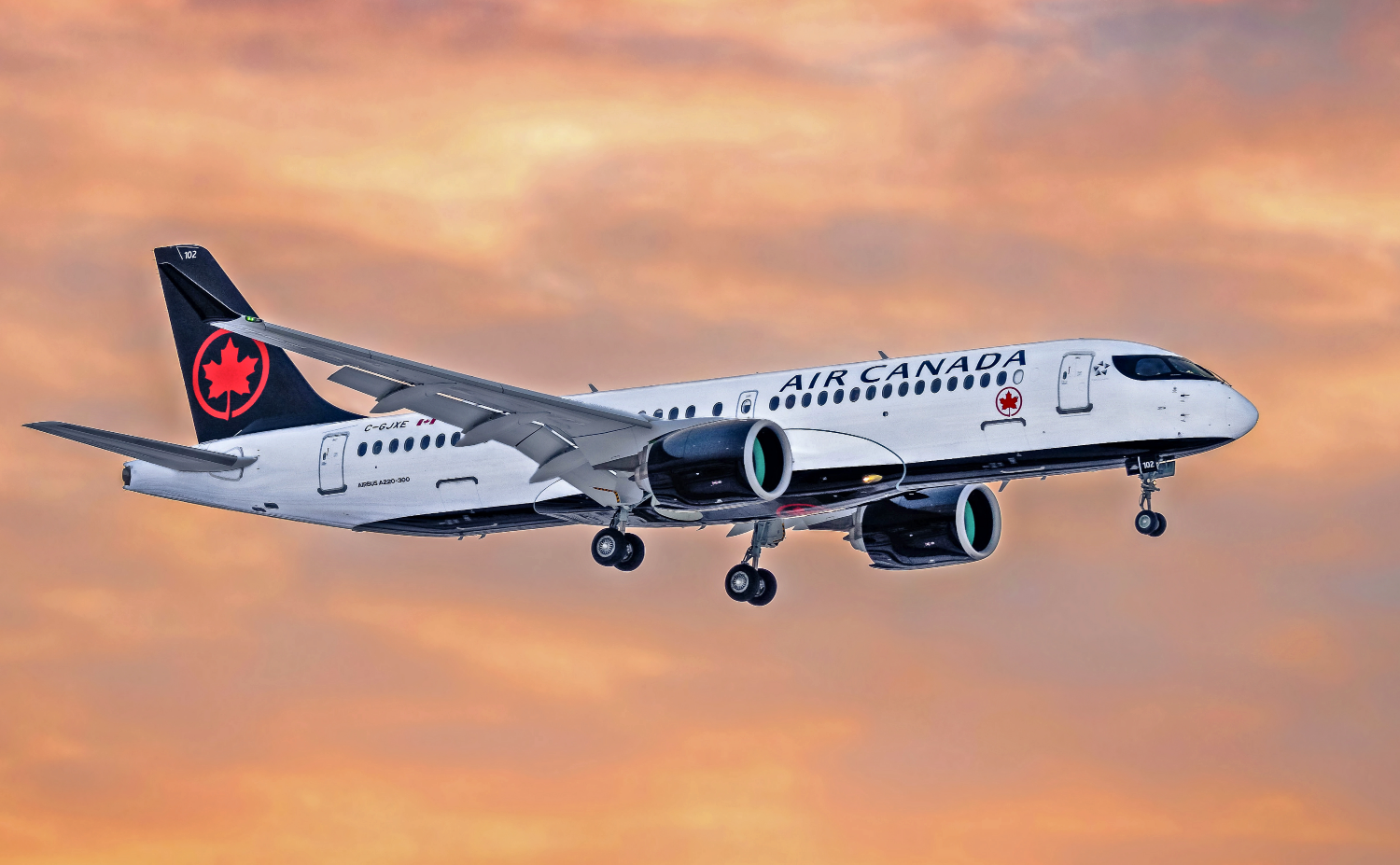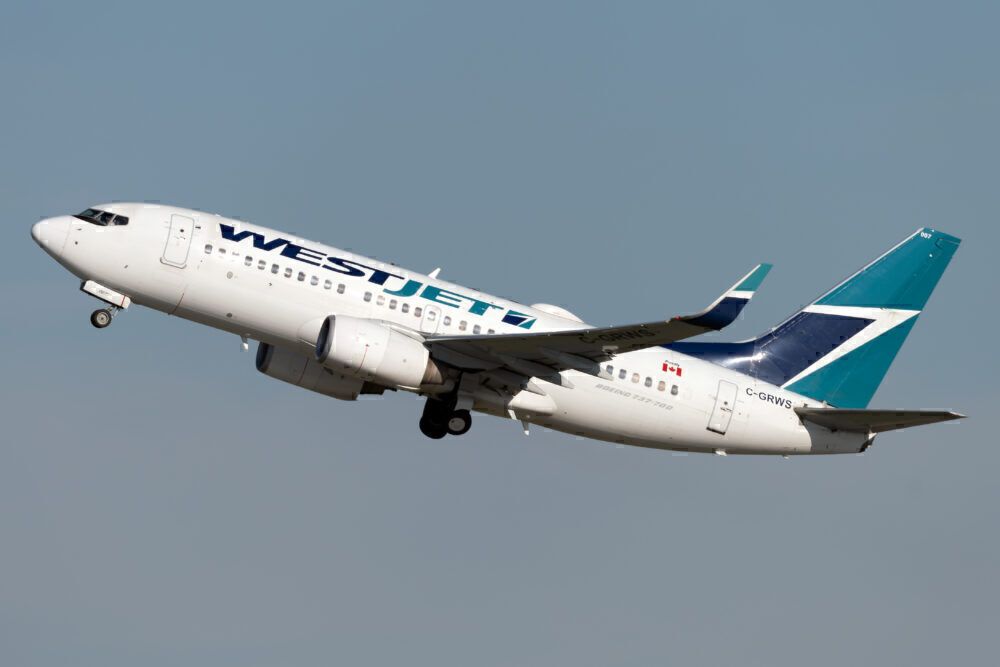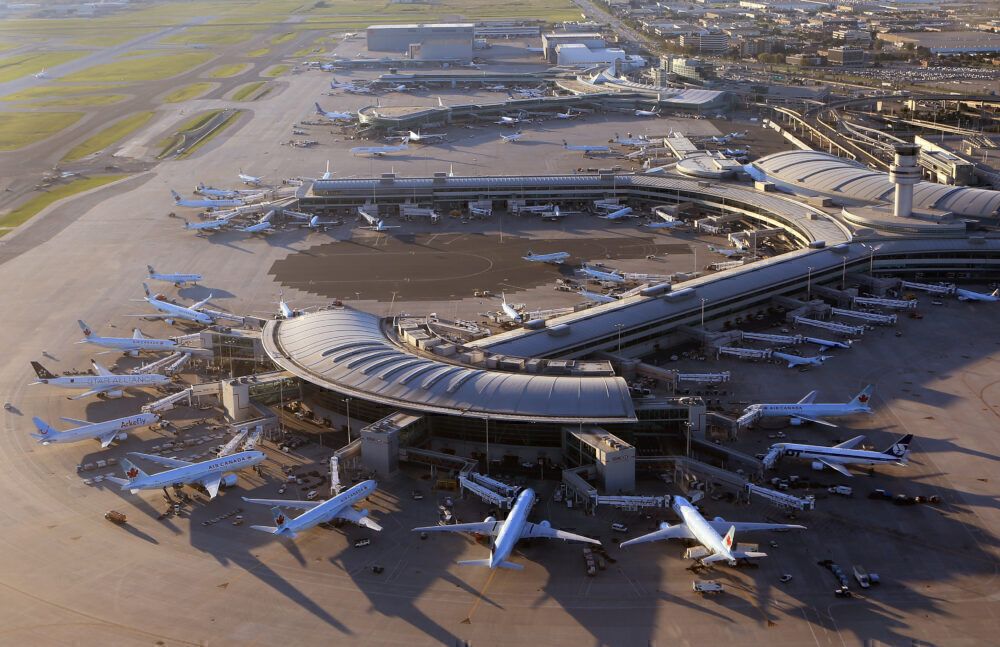Canada joins a list of countries taking a leaf out of Australia's playbook when dealing with COVID-19. Overnight, new testing and quarantine rules are coming into force in Canada. While not as tough as Australia's regime, Canada's new rules do indicate the Canadian Government is serious about keeping the worst excesses of COVID-19 at bay.
"Since the start of the pandemic, there have been 845,652 cases of COVID-19, including 21,674 deaths reported in Canada," said Dr Theresa Tam, Canada's Chief Public Health Officer on Monday.
"A range of public health measures and restrictions are already in place across Canada as we continue our collective effort to protect our progress and interrupt the spread of the virus."
Stay informed: Sign up for our daily aviation news digest.
A collaborative approach called for as Canada toughens quarantine rules
Canada has restricted who can and cannot enter the country for some time now. However, unlike Australia, Canada does not restrict its own citizens and permanent residents from entering or leaving the country. That's the first point of difference. Nonetheless, the Canadian Government is actively discouraging its citizens from international travel.
"We strongly advise Canadians to cancel or postpone non-essential travel plans outside of Canada," says the Canadian Government. "Now is not the time to travel."
In response to that call, Air Canada, Rouge, WestJet, and Sunwing Airlines temporarily axed several international routes.
"Air Canada believes a collaborative approach with the Government of Canada involving all air carriers is the best means to respond to the COVID-19 pandemic," said then Air Canada CEO, Calin Rovinescu.
Canada steps up COVID-19 post-arrival testing regime
Canada's airlines and the Canadian Government will be hoping arriving passengers are onboard with the collaborative approach. Not that international arrivals will have much choice. The rules severely limiting the ability of foreign nationals to enter Canada remains in force. Canada is in lockstep with Australia there. The Canadian Government has detailed information on its website about who can and cannot enter the country.
"As of February 21, 2021, at 11:59 pm ET, you must meet the new testing and quarantine requirements when coming to Canada," the information page reads.
Since mid-February, all travelers heading into Canada have had to produce evidence of a valid negative COVID-19 test taken no less than 72 hours old before boarding their flight. Now, all travelers will also have to take a test on arrival and when their 14-day quarantine/self-isolation period ends.
In addition, all travelers flying into Canada have to produce evidence of a three-night reservation in a government-authorized hotel. Travelers will proceed directly to the hotel after leaving the airport. Travelers will also pony up for the full costs of their hotel stay. That accommodation also has to be pre-paid. Once at the hotel, travelers must stay there until the results of the arrival COVID-19 come through.
The Canadian Government has published a full list of authorized hotels at its five approved entry points. They are mostly mid-tier airport hotels.
Canada learns from Australia's mistakes
After the first negative test result comes through, travelers are expected to continue self-isolating at their private residence for the remainder of the 14-day period. If a positive test result comes back, a whole new world of red tape and procedural pain awaits.
In contrast, the hotel quarantine period in Australia remains stuck at 14-days. Nor do travelers get a choice of where they want to stay. It's a lucky dip. However, in Australia, quarantine accommodation does not need to be pre-paid. Various Australian State Governments pay the accommodation directly then invoice the travelers. Now, those governments are grappling with the problem of millions of dollars worth of unpaid bills. Canada has perhaps chosen the wiser pre-payment option here.
But none of this is good news for Canada's airlines. While they have little option but to fall in line with Government public health orders, travel restrictions are not good for business for airlines anywhere. Canada's airlines will be crossing their fingers and hoping these new rules and regulations work. The sooner COVID-19 is curbed, the sooner Canada's airlines can get back to business.
Do you support Canada's new quarantine and testing rules? Is it excessive? Post a comment and let us know.



